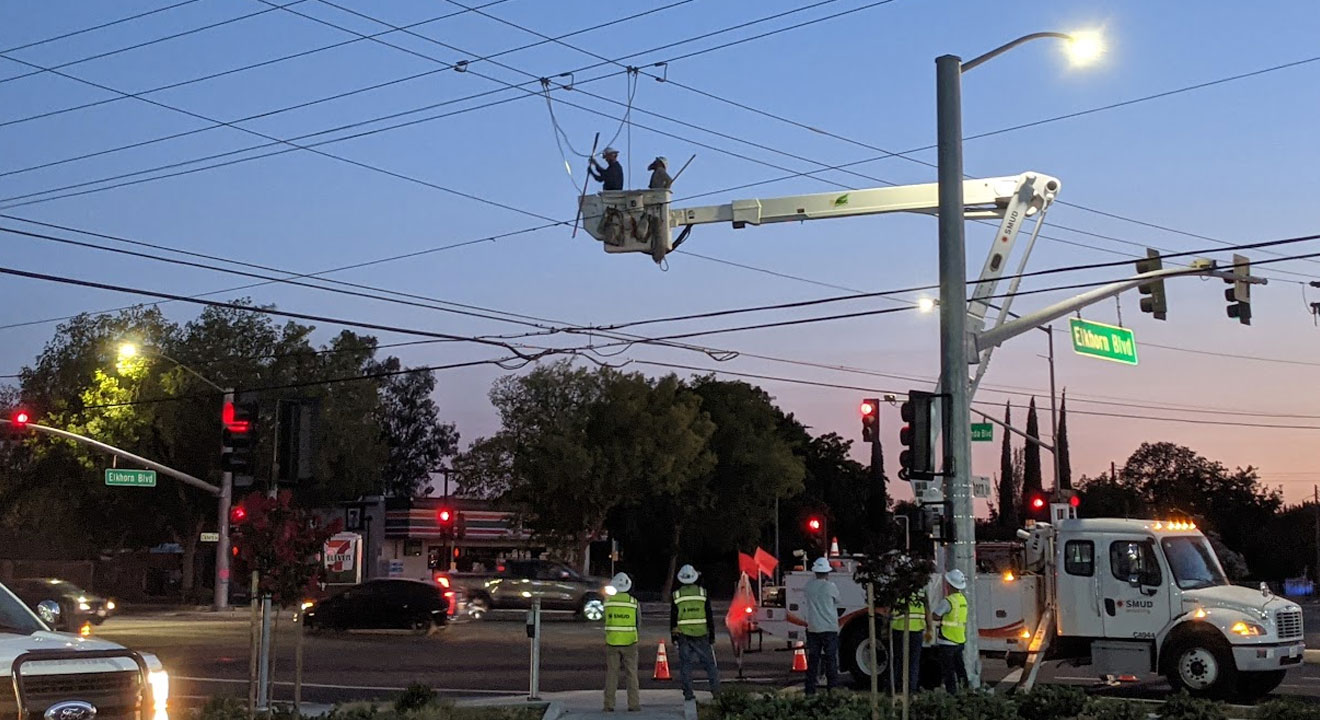Whatever It Takes – The New Re-Housing Program
In late 2017, the County Board of Supervisors deepened its ongoing commitment to addressing homelessness – investing more than $12 million in its new County Homeless Initiatives, including an innovative new program called the Flexible Supportive Re-Housing Program (FSRP).
Sacramento County Department of Human Assistance (DHA) Division of Homeless Services launched FSRP in early 2018, bringing to fruition the County’s new motto to serving our community’s most vulnerable members experiencing homelessness: “whatever it takes”. With the “whatever it takes“ approach, DHA is engaging folks in new ways to support their transition out of long term homelessness and into permanent housing stability.
This innovative mindset is edgy and foreign – a government agency and its nonprofit partners build relationships with those who need intensive services to leave homelessness and then provide the help that individual needs to be successful. This help ranges from shopping for toiletries to transportation to court and eventually, picking out furniture for their new apartment. Modeled after a successful evidenced-based outreach and service program in Los Angeles, the Flexible Supportive Rehousing Program (FSRP) is reaching a population that previously eluded local service providers. Either they were literally elusive and couldn’t be found, or the restrictions of prior programs set up those with the highest barriers to fail.
The collaborative effort between County Departments such as Human Assistance, Sheriff, Probation, County Jail, the Public Defender, District Attorney, Health Services, and Child, Family and Adult Services (DFCAS), is what allows the program to flourish. Chronic users of the county system often touch several, if not all, of these departments during their bout with homelessness. For some, that bout may be short in duration, but for others, the lifelong challenges follow them and every time they try to get away, it grabs them and holds tight.
The “whatever it takes” mentality, combined with the persistence of the intensive case management team is what finally enables people to leave homelessness, stabilize in housing and return to productive and healthy lives. The simple fact that the program does not require sobriety or resolution of other lifelong issues first, has opened the doors wide for participation. FSRP targets the top 250 most frequent users of two particular county systems – County Jail and Behavioral Health. Anytime a client touches these two systems, they are noted in those system databases. This gives a clear picture of the history of each client and the resources the county is expending without any real results. On average, it costs the County about $40k a year to provide incarceration and behavioral health services to each of these 250 users. The ultimate goal of the FSRP is to reintegrate the target population into our community; to invest in their resiliency as they move toward housing stability, health, and productive lives.
After addressing the obvious and immediate needs clients have – for some that may be health concerns or addiction, for others, outstanding warrants or a debt of restitution – FSRP focuses on getting clients into permanent housing. Ongoing rental assistance helps clients with long histories of homelessness stabilize in housing and address other health, behavioral health and life issues.
For example, one client is currently paying backlogged child support, restitution in another county and now that he is housed, his personal bills such as utilities, car insurance gas etc. In the meantime, the FSRP is paying a portion of his rent until he has paid off his financial debts to society. He has been clean and sober for 10 months, working part time and just completed his GED. FSRP has changed his life – a life that formally held nothing but addiction, crime and jail time.
DHA has contracted with four partners to provide Intensive Case Management Services (ICMS) to the list of 250 users: Consumer Self Help, WellSpace Health, Wind Youth Services, TLCS. While ICMS focuses on the “person”, DHA has also contracted with Sacramento Self Help Housing and Volunteers of America to focus on the “housing”; these two partners are responsible for locating, procuring and paying for permanent housing. Since the launch of FSRP in February 2018, 120 of the top 250 users have been located and enrolled in the program and 12 permanently rehoused.
FSRP is already producing success stories, with many more on the horizon. The program is not only making a long lasting impact on individual lives but helping to move the needle on an entrenched community problem – the plight of people experiencing long-term homelessness with no clear pathway to a home and the stability and health that it brings. As we build success one person at a time, these efforts will truly make a difference in Sacramento County. How is this accomplished, you ask? By doing whatever it takes.
For additional information on how the County is responding to homelessness, including the other County homeless initiatives, please visit the County’s “Responding to Homelessness” website.














